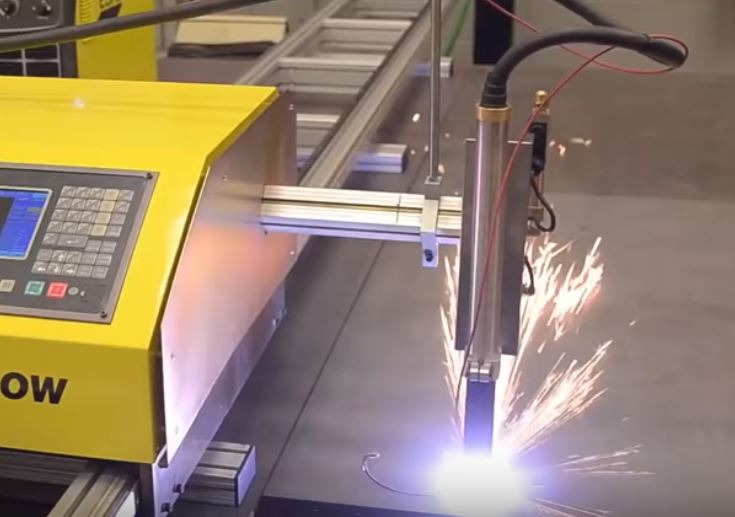When you own a machine shop, the upkeep or maintenance routines you have for your CNC cutter systems would most likely seem like a boring chore to make yet you must ensure they are properly observed now and then. If one of your machines break down, it will eventually cost your business thousands of dollars not just for the repair costs but also for lost business opportunities.
These industrial machines, regardless of size, shape, and purpose they have, are comprised of mechanical moving parts. They usually have high tech internal pieces that will inevitably breakdown in time, but in the absence of proper care and maintenance, downtime is likely to happen sooner. However, alleviating the risks of costly work stoppages is possible if you are going to maintain a long term preventive plan.

Daily CNC Plasma Cutter Maintenance
Daily maintenance routines for your CNC cutter systems are comparable to “an apple a day for humans. If consuming an apple a day will help keep your doctor away, proper daily care for your industrial machines will help keep them from the machine emergency room. It may indeed sound simple and easy to do, but they indeed are.
If you make it a habit to perform a round of few minor checks at the end of each shift, there is a big chance or possibility that you’d be able to identify a looming problem even before they snowball into what can be considered as a major breakdown. Experienced machine tool specialists have provided the following valuable tips. You can incorporate them into your daily maintenance schedule:
- Check those fluids. Your CNC-technology based machines require an adequate amount of fluid levels, this includes hydraulic fluid and lube. If you will regularly work with your machines, you will surely have a good baseline on how frequently you should replenish the fluids. The moment that your industrial machines started to consume fluids at a higher rate, then take it as an indication that you need to have your machine checked at once. Excessive consumption or use of fluid is one of the indicating factors that there could be a problem with your machine.
- Grease up your machine. Grease is the linking factor, the smooth operator that will help in keeping your machine’s working parts moving. Be aware though that not all machine shops would initiate checking grease points every single day. However, one of the best practices you need to observe in this regard is to check out all moving parts of your industrial machine and see to it that it does not have any dry spots. A small shot of grease will surely go a long way to alleviating unwanted machine wear.
- Renew your machine with a good, decent rag. Make it a habit to wipe down your industrial machine and all its exposed surfaces. Doing so will help show some shine on it just by cleaning away your shop’s random grime. Additionally, wiping your machine squeaky clean at the end of every shift will help prevent small fragments of metal shavings from building- up along areas of your machine that are prone to damage, this may include your way cover seals.
PMP or Preventive Maintenance Plan
A preventive maintenance plan or PMP in place is paramount to keeping your shop machines running in their tip-top shape. If they are always in good, running condition, rest assured that they will significantly help you earn money. Regular machine and equipment check-ups will help boost your company’s output efficiencies and improve expected profit margins.
If you are not convinced yet, consider this instead.
Unexpected and unplanned CNC machine breakdowns would usually cost your business 5 times more compared to annual PMPs. Between wasted hours and expedited part shipment, a preventive maintenance plan in place will help be on the winning side by virtue of maintaining your machine most cost-effectively.